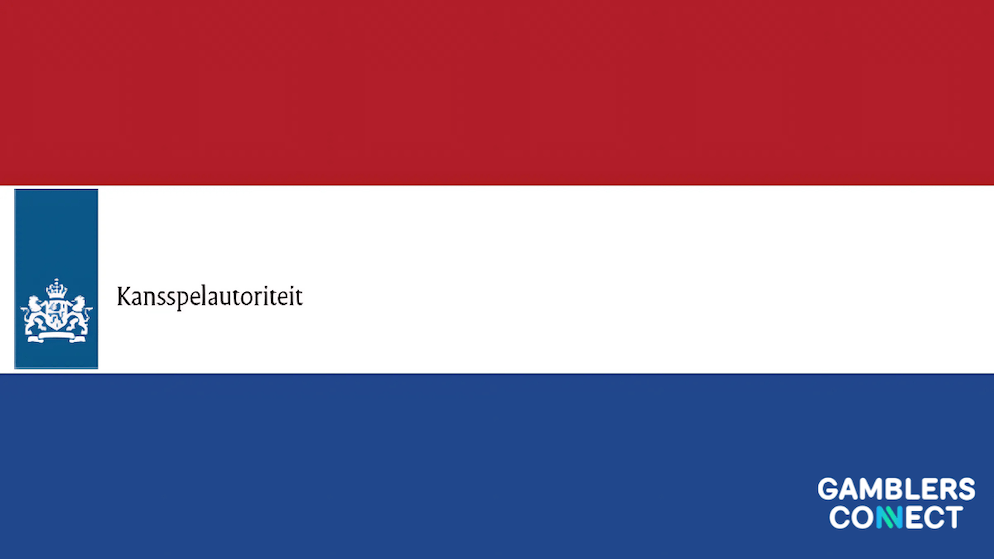Last updated on June 12th, 2025

The Kansspelautoriteit (KSA), the Dutch official gambling regulator, has issued a warning aimed at operators against a list of bad practices regarding deposit limits, including the player’s obligation to provide proof of income.
This development comes after the Kansspelautoriteit ordered Dutch operators to perform testing on players who want to deposit more than the newly introduced limits imposed by the Dutch gambling authority.
As per the new legislation, the net monthly deposit limits in the Netherlands are currently €700 (£581.89/$729.10), with an additional €300 deposit limit for players aged between 18 and 25, a legislation that is in force since October 1st, 2024.
The new law on the limits in the Netherlands requires operators to carry out in-depth affordability checks for players who seek to override this measure and deposit more than the designated amount. This is for the purpose of determining whether the players who wish to bet more are financially able to actually do so.
However, the KSA is not satisfied with some of the methods that operators use to determine player affordability, as well as their approach to those players who ignore net deposit limits.
As a result, the KSA issued a warning letter to all Dutch licensed operators, pointing out what the authority deems neccessary when it comes to the affordability checks.
From here, the regulator outlined bad practices, such as operators accepting income statements instead of pay slips, a practice that allows players to deposit even after they reach the monthly limit.
This is because, as per the KSA, income statements usually show the gross salary of the player without including pension contributions, tax deductions, etc. According to the KSA, some operators accept questionnaires, plausibility tests, and income statements for the purpose of bypassing limits.
These are insufficient to determine whether it is plausible that a player can bear the financial consequences of a higher deposit limit. Increasing the net deposit based on this type of information is not permitted.
Opposite to this, the KSA also highlighted a number of positive practices by Dutch operators who went above and beyond in the affordability checks.
This includes prohibiting young adults between 18-25 to increase deposit limits even in cases where they prove affordability, as well as providing additional limits for daily and weekly limits.





